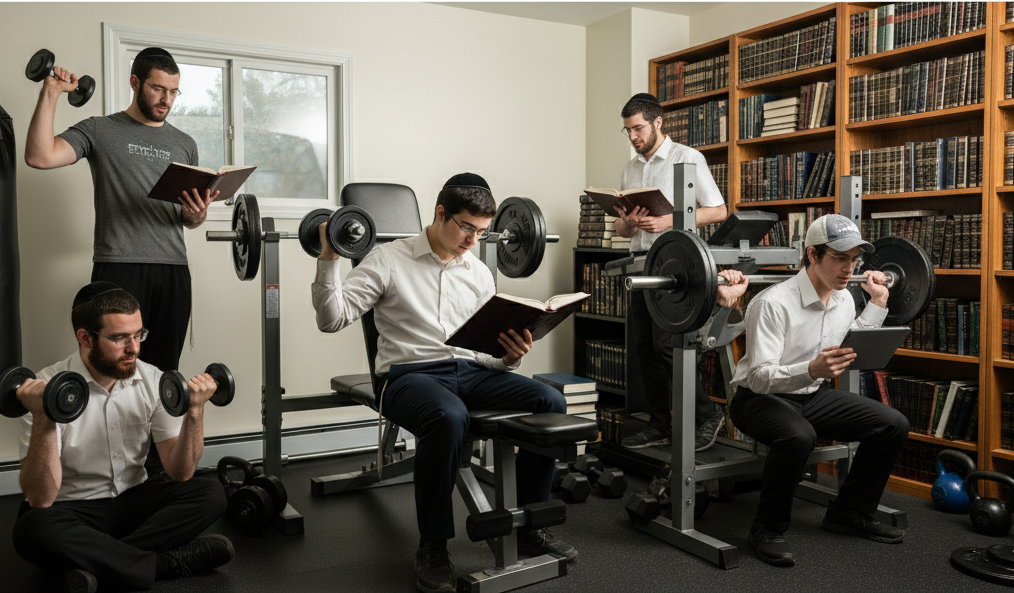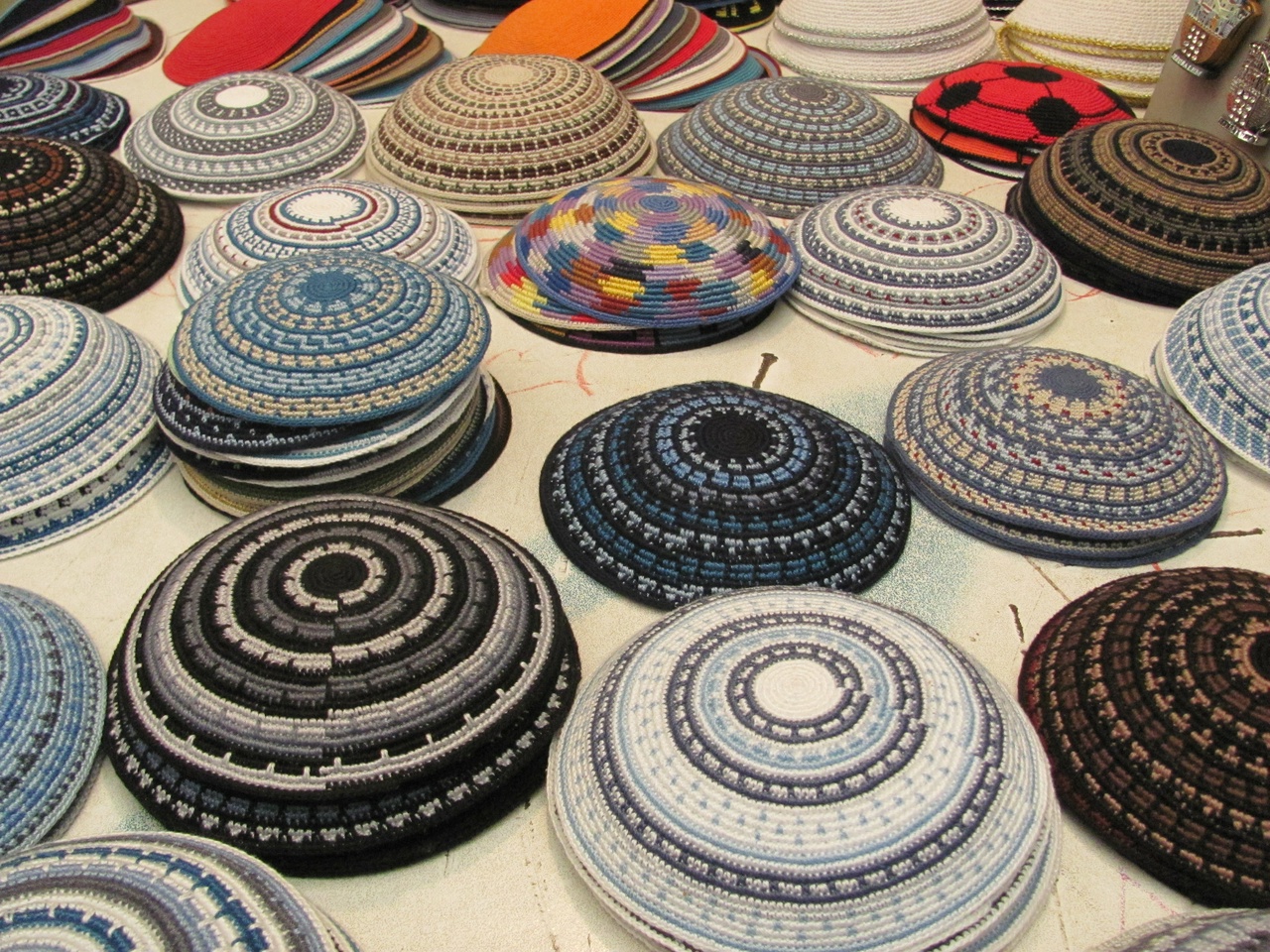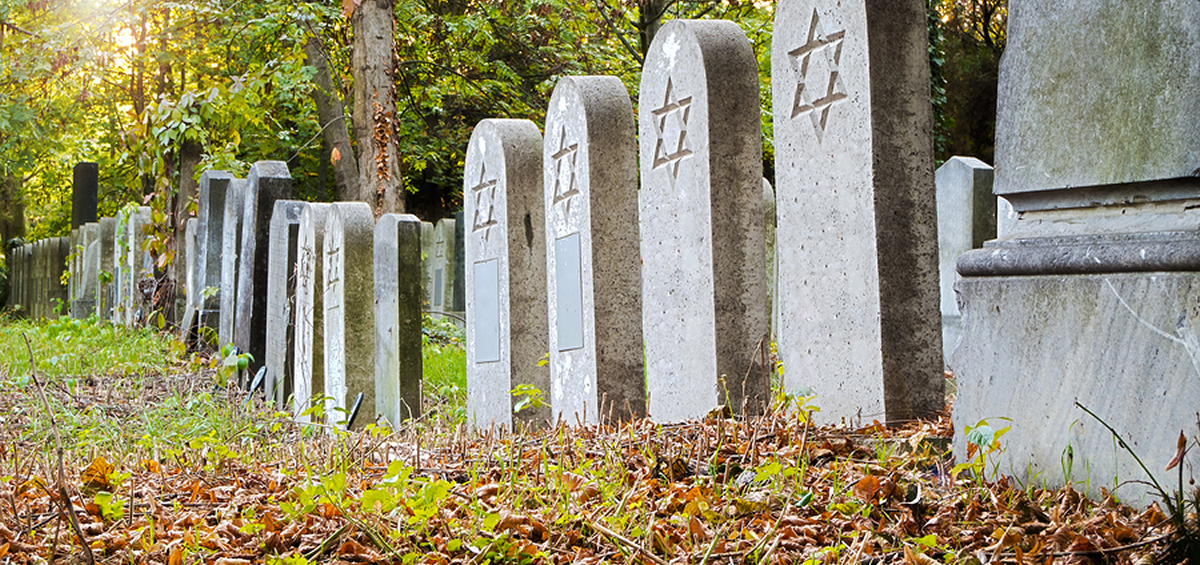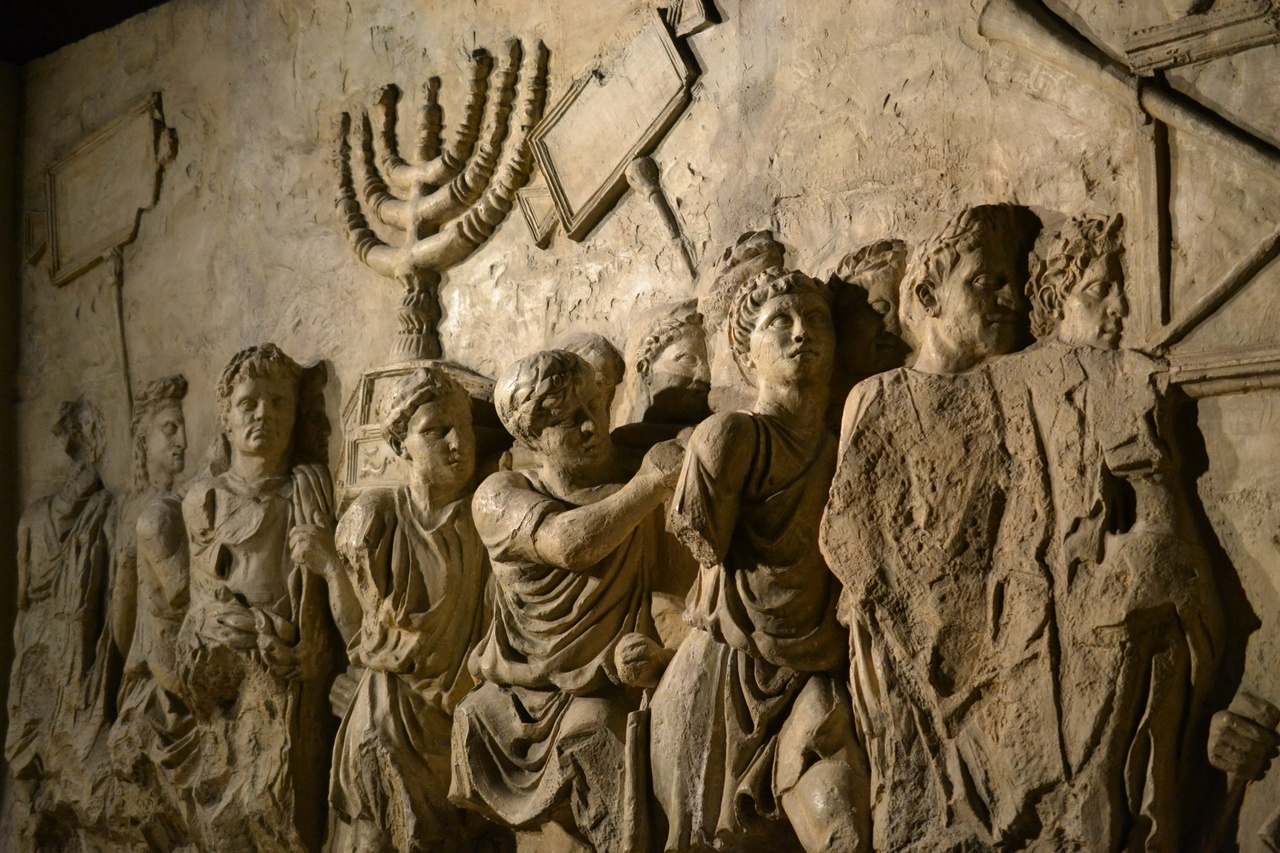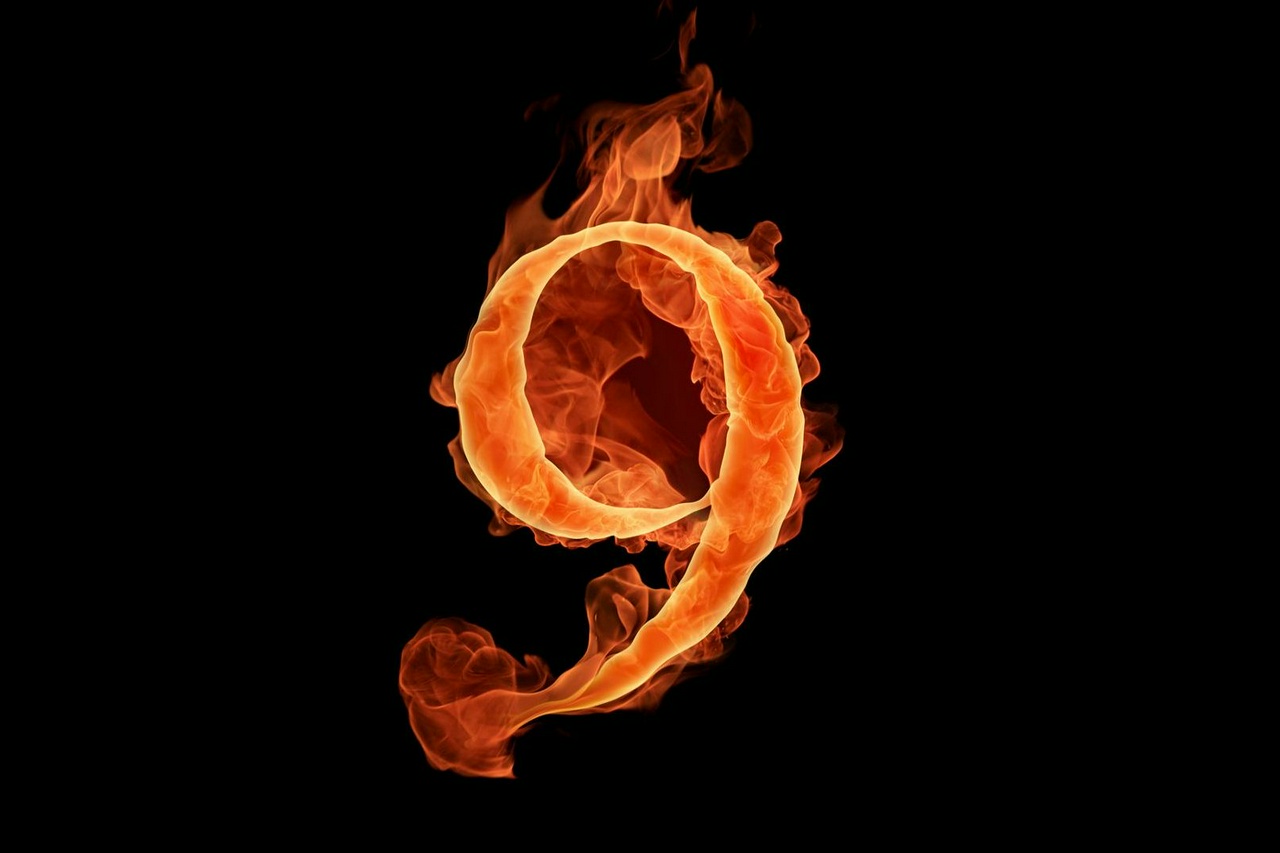We Failed Charlie Kirk. We Should not Fail the USA.
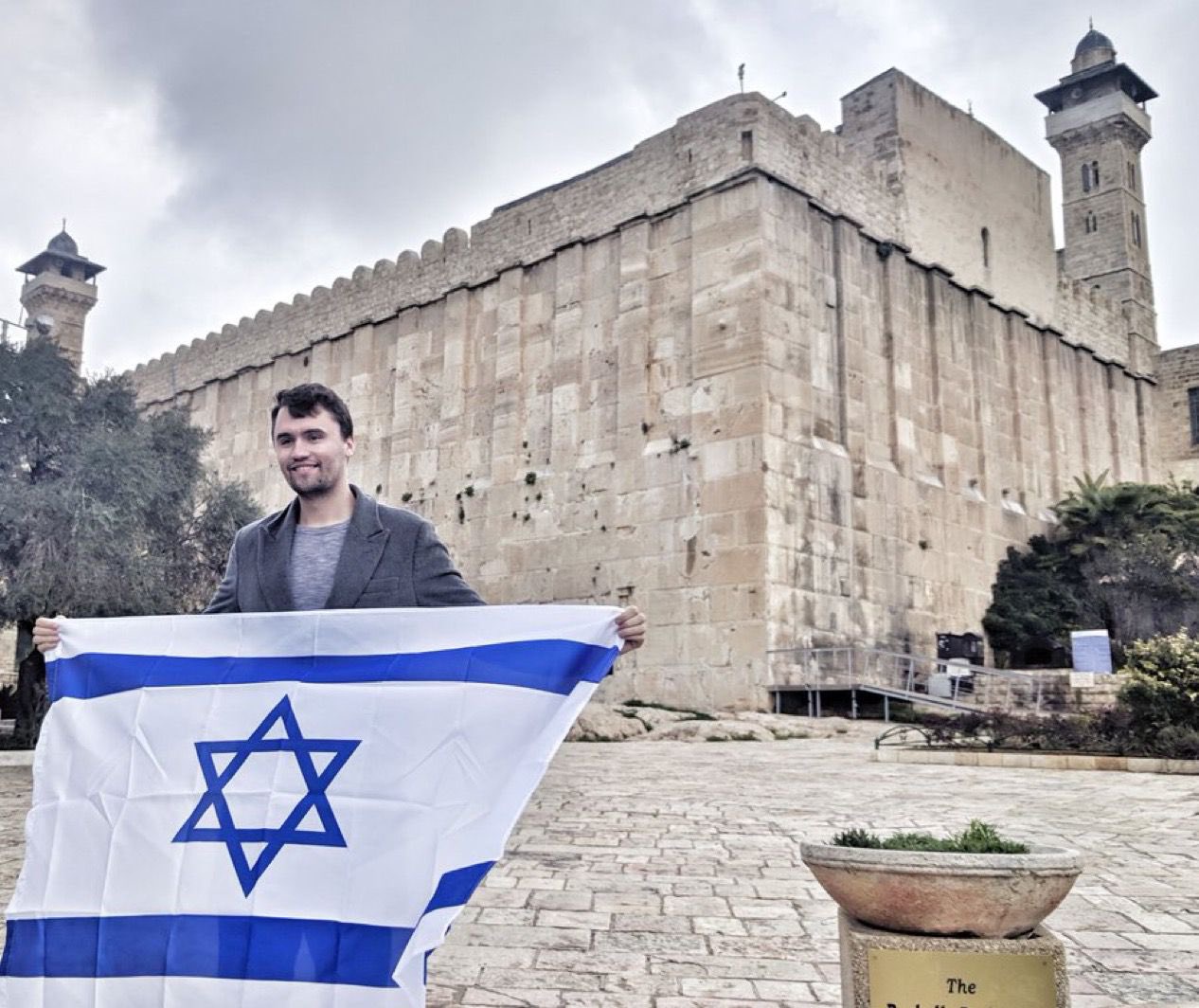
Even amidst the turmoil we have witnessed since October 7th, this week has been particularly painful and momentous. Six Israelis were murdered this week in Yerushalim. Our air force unabashedly attacked Qatar to eliminate the leaders of Hamas. And Charlie Kirk was murdered.
History is speeding up, and the pages are turning quicker than ever before. We have not reached the final redemption, but it is also abundantly clear that, as a nation, we are no longer living in a time of exile.
The Gemara in Brachos records (לד ב):
דְּאָמַר שְׁמוּאֵל: אֵין בֵּין הָעוֹלָם הַזֶּה לִימוֹת הַמָּשִׁיחַ אֶלָּא שִׁעְבּוּד מַלְכוּיוֹת בִּלְבַד - As Shmuel said: The only difference between this world and The Days of Mashiach is with regard to servitude to foreign kingdoms alone.
We are not subjected to foreign rule. Our nation has the strength, skill and political will to seek out those who are plotting to destroy us, and eliminate them. According to Shmuel, we are living in “The Days of Mashiach.” Mashiach might not be here yet... but we are already living in the days that our ancestors dreamed about, yearned for and prayed for.
I have often noted that if any of us described our current lives to our great-great-grandmothers, they would certainly think we’re living in Yemos HaMashiach. Image explaining that we have fully stocked fridges and pantries. That more Yeshiva students are learning today than any time since the first Temple. That we can visit our own sovereign Jewish State of Israel, protected by the fiercest army in the Middle East.
On a fundamental level, the question then arrises: what is the purpose of Jews in the diaspora during times of redemption?
Clearly, in the many long years of Galus, we weathered the pains of exile to atone for our centuries of failure – מפני חטאינו גלינו מארצנו – due to our sins we were exiled from our land.
This is no longer the case, which means that our existence in the USA can either be understood as a colossal denial of the redemption happening around us, or that the time has come to reimagine our purpose vis-à-vis the nations of the world.
There are times in the Torah that the expansion of the Jewish nation is compared to the dust of the earth: וְהָיָה זַרְעֲךָ כַּעֲפַר הָאָרֶץ וּפָרַצְתָּ יָמָּה וָקֵדְמָה וְצָפֹנָה וָנֶגְבָּה – Your descendants will be as numerous as the dust of the earth, and you will proliferate to the west, to the east, to the north, and to the south...
Other times, we are compared to the Stars in the Heavens: וְהַרְבָּה אַרְבֶּה אֶת־זַרְעֲךָ כְּכוֹכְבֵי הַשָּׁמַיִם.
Seforno explains that to be as the dust of the earth is to be downtrodden and trampled, but still to survive. This is the life of Klal Yisrael in Galus. The Radak writes that to be as stars in the Heavens means: כי בסוף כשיהיו ימי המשיח יהיו ככוכבי השמים שלא תשלט בהם יד אדם עוד, ויהיו באורם לעולם – During the days of Mashiach when we are no longer controlled by foreign hands, our light will shine forever.
In our most elevated state, the purpose of being in the diaspora is to illuminate the world. We, the emissaries of Hashem, are charged with speeding goodness, kindness and ethical monotheism.
And I dare say, that if Charlie Kirk, a father, a husband, a devoted defender of the State of Israel, could be murdered in broad daylight... We have a lot of work to do.
In two weeks time, we will stand before Hashem on Rosh Hashana, and yearn for the day when He will rule as Melech over all humanity. But this is as much a Tefillah as it is our marching orders.
We need to exemplify the values of Torah, to stand unafraid of being at the top. It is up to us to model healthy debate, good middos, and a kavod ha-beriyos.
After all, this is the first time in two millennia that we have the opportunity to inspire humanity from a place of so that strength rather than weakness.
If America is devolving into violence and sectarianism, we need to practice empathy and morality. It is time we fulfill the dream of the Navi in our Haftara:
וְהָלְכוּ גוֹיִם לְאוֹרֵךְ – That nations shall walk at you light If the USA is walking in darkness, it’s on us to fix it.
May we merit to achieve it soon.
___
Subscribe to this blog here👇.
YouTube: www.youtube.com/raelblum Facebook: facebook.com/rael.blumenthal
